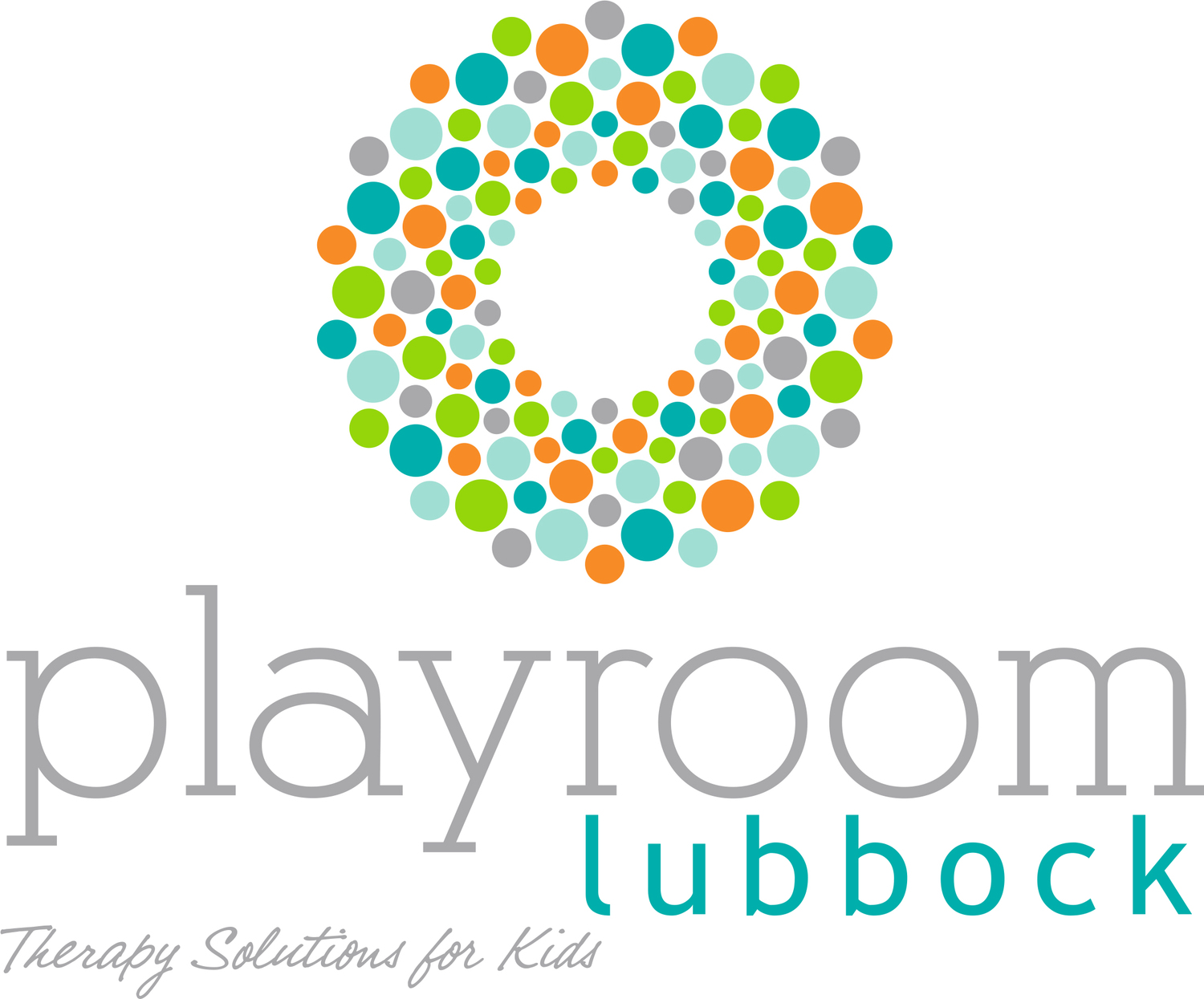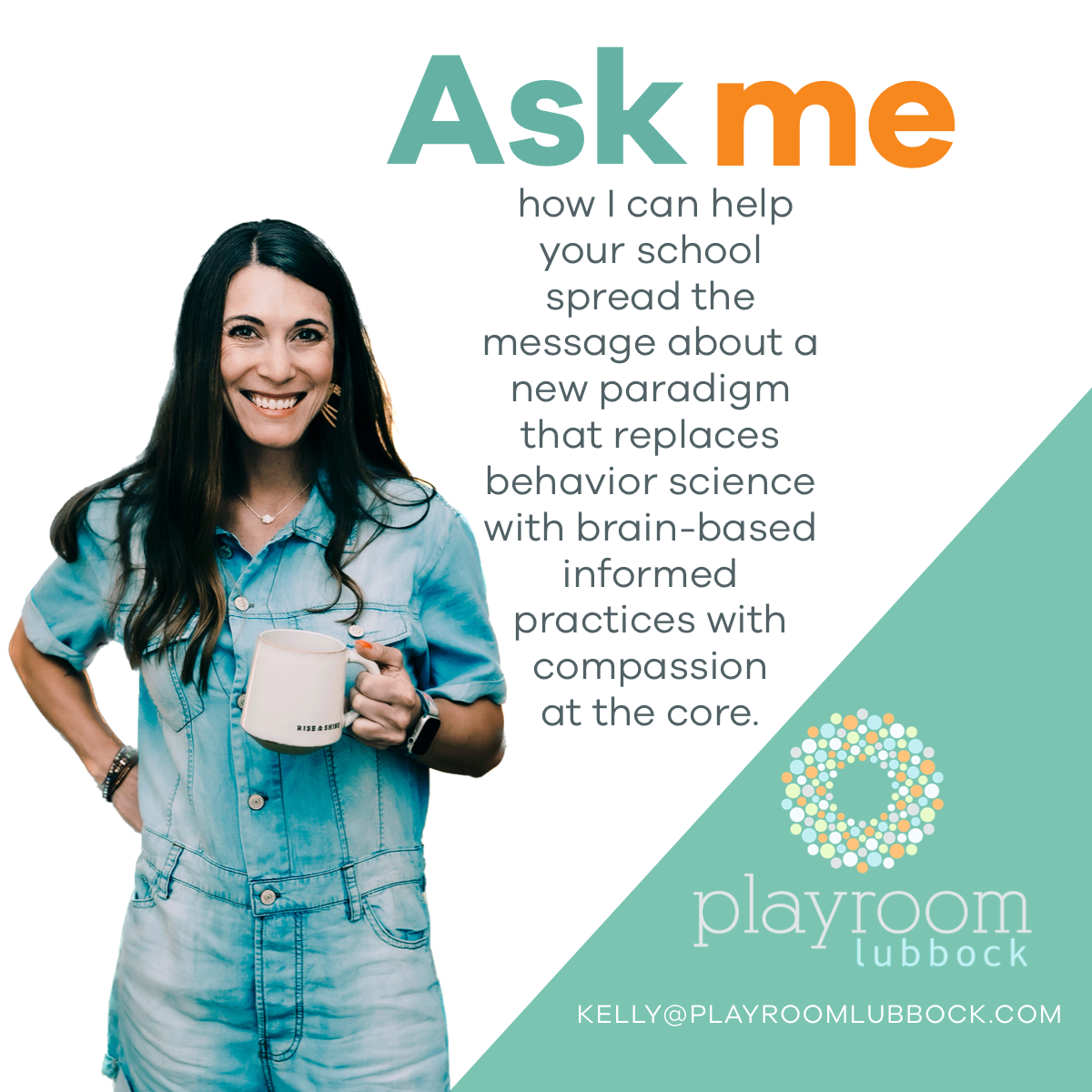Science says it’s time for a change. Educator burn out says it’s time for a change. Behavioral challenges in the classroom says it’s time for a change. There are ways to build accountability, empathy, and persistence in students—and the basic foundation is SAFETY in relationships.
Do you want sustainable behavioral changes?
Expanding academic capacities?
Optimizing learning and memory?
Improved mental health for both educators and students?
“Our education system is working from a model that views behaviors in isolation of the child’s body, mind, and relationships.” Mona Delahooke
Ask me about our “Integrating Neuro-Relational Approaches into School Culture” workshop customized for your campus and tailored to meet both educator and student needs and well-being. Presented by Kelly Martin, MEd, LPC-S, RPT-S, she guides participants in both an experiential and didactic learning environment.
Discuss student behaviors through a neuro-relational framework
Distinguish causes of behaviors and develop strategies for student support and preventative relational discipline protocols
Integrate brain-aligned teacher and student practices into the classroom
Examine the SECRET template and adjust, modify, and accommodate student’s needs to ensure feelings of safety and connection
The “Integrating Neuro-Relational Approaches into School Culture” is best suited for a 6 hour learning experience for teachers, behavior support staff, and school counselors. Abbreviated versions can be adapted for administrators and other stakeholders in a 3 hour workshop.
Contact Kelly Martin for a quote: kelly@playroomlubbock.com
Kelly Martin is a dedicated and skilled Licensed Professional Counselor Supervisor and Registered Play Therapist Supervisor with an exceptional 16 year tenure in the mental health field. Kelly possesses a strong teaching background serving as a current adjunct professor at Lubbock Christian University in the Psychology and Counseling Department; a sought after workshop presenter and group facilitator who has facilitated over 26 professional workshops and 2 group backpacking trips in the wilderness; a previously certified Texas educator with 3 years of classroom experience; and a previously certified Texas School Counselor with 4 years of elementary school counseling experience. She is a certified Level One DIR Floortime clinician. DIR Floortime is a multidisciplinary model most commonly used with children with educational, social emotional, mental health, and/or developmental challenges.
Kelly’s enthusiasm for child well-being is evident through her private practice at the Playroom Lubbock, where she counsels and uses play therapy with children and adolescents; supervises counselors in training; and provides support to parents and caregivers. Her dedication to understanding and advocating for children's needs underscores her passion for fostering positive growth and connections in their lives.
Kelly’s unique blend of experience, education, supervision and experiential training positions her to continue making a meaningful impact in the field of education and counseling.


